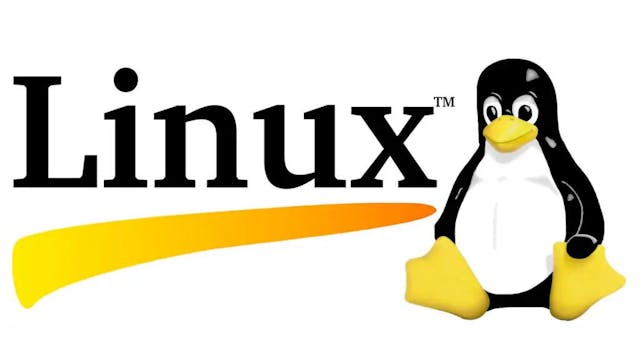Essential Linux Commands: A Comprehensive Guide for System Management
Posted By Coding_Dynasty 4 months ago
Reading Time: 3 Minutes

Linux commands are crucial for interacting with the operating system and performing various tasks. Here are some of the most commonly used Linux commands:
1. File and Directory Operations:
-
ls: List directory contents.ls -
cd: Change directory.cd /path/to/directory -
cp: Copy files or directories.cp source_file destination -
mv: Move or rename files or directories.mv source destination -
rm: Remove files or directories.rm file -
mkdir: Create a directory.mkdir directory_name
2. Text Manipulation:
-
cat: Display content of a file.cat filename -
nano: Text editor for creating or editing files.nano filename -
grep: Search for patterns in files.grep pattern filename -
sed: Stream editor for text transformation.sed 's/old_pattern/new_pattern/' filename
3. System Information:
-
pwd: Print the current working directory.pwd -
uname: Display system information.uname -a -
top: Display and manage system processes.top -
df: Display disk space usage.df -h -
free: Display system memory usage.free -h
4. User and Permission Management:
-
whoami: Display the current username.whoami -
passwd: Change user password.passwd -
chmod: Change file permissions.chmod permissions filename -
chown: Change file owner.chown new_owner:new_group filename
5. Networking:
-
ping: Test network connectivity.ping example.com -
ifconfigorip: Display network interfaces and configure them.ifconfig -
netstat: Display network statistics.netstat -an -
wget: Download files from the internet.wget url -
ssh: Connect to a remote server securely.ssh user@hostname
6. Package Management:
-
aptoryum: Package management (Ubuntu/Debian or CentOS/RHEL).sudo apt update && sudo apt upgradesudo yum update && sudo yum upgrade -
dpkg: Debian package management (specifically for Debian-based systems).dpkg -i package.deb
7. Process Management:
-
ps: Display information about running processes.ps aux -
kill: Terminate a process.kill process_id -
killall: Terminate a process by name.killall process_name
These commands cover a wide range of basic Linux operations. Depending on your specific needs and the distribution of Linux you are using, there may be variations or additional commands. Always refer to the manual pages (man command) for more details on each command.